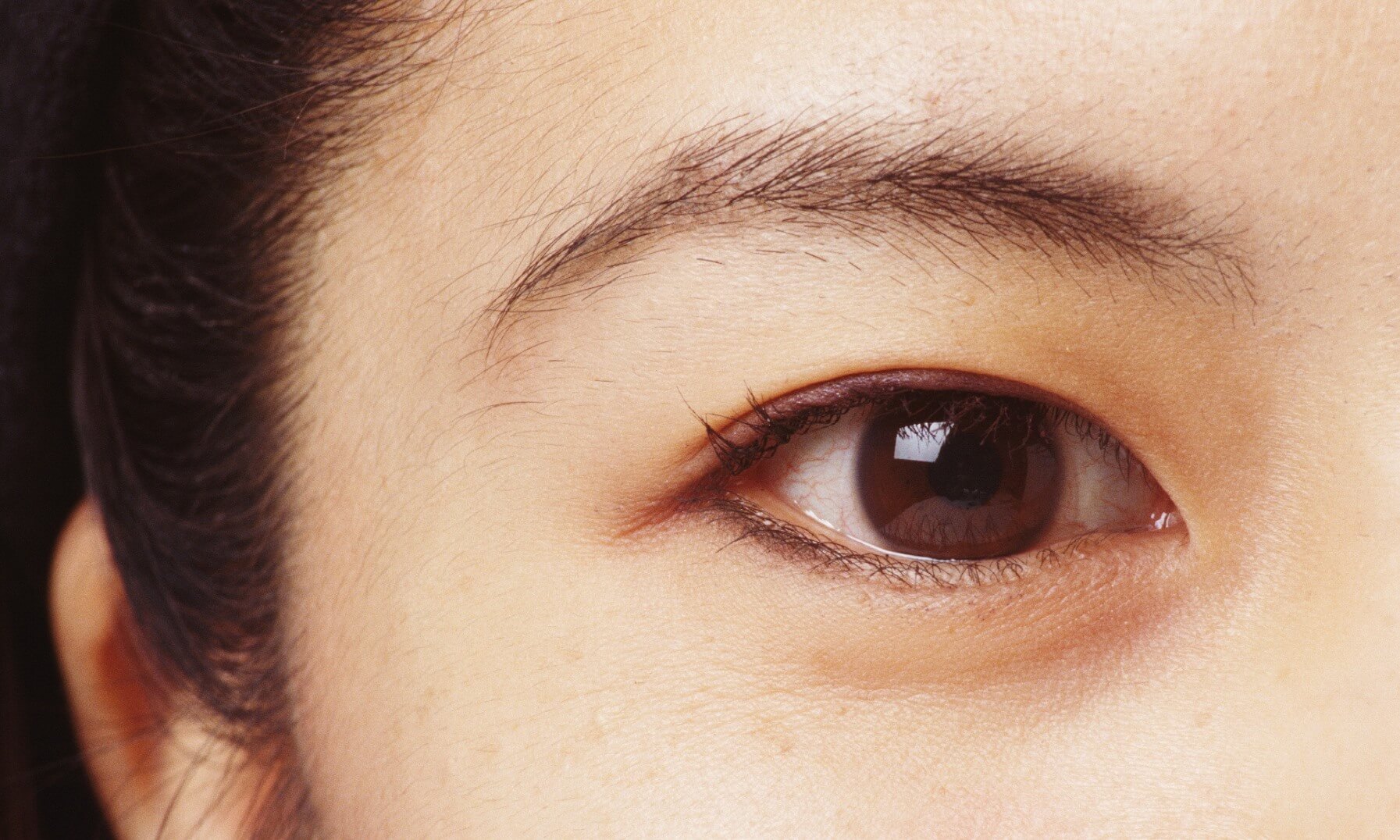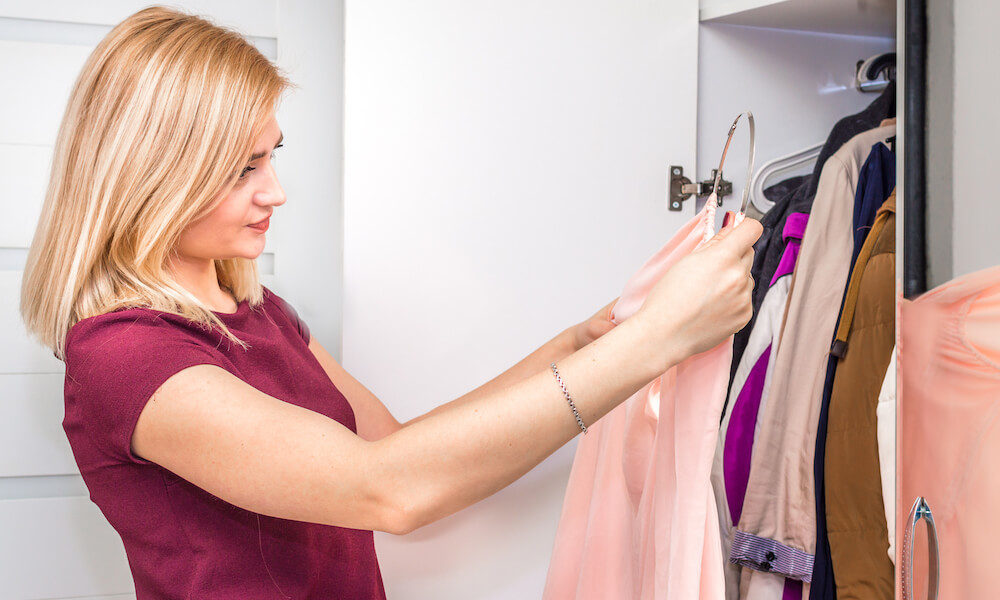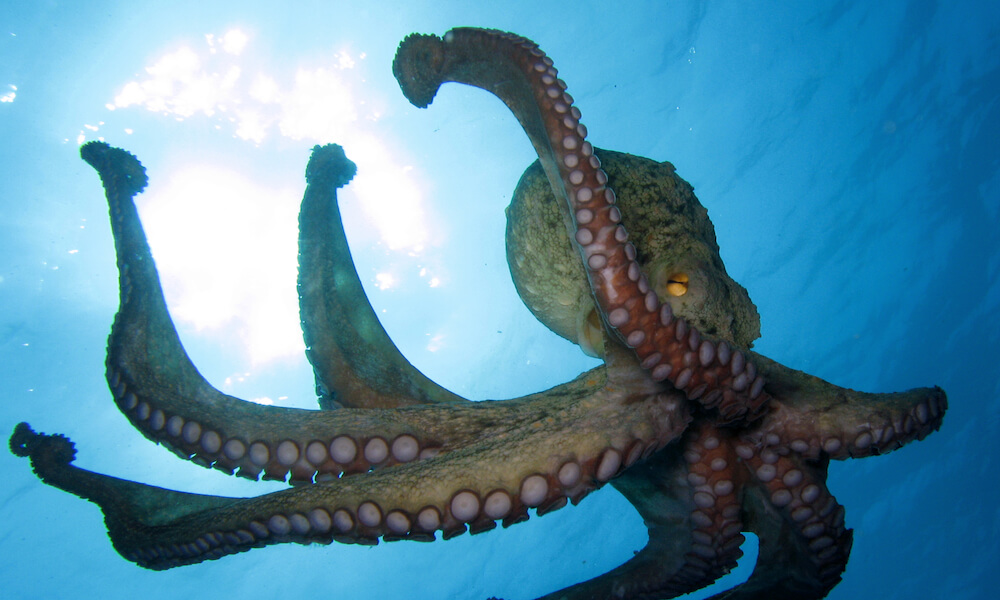What to do if you’re in the middle of a power outage
Source: CNN
This year’s winter season has been particularly brutal for many Americans. Watch the short video and read the article that follows about best practices for surviving the cold.

This year’s winter season has been particularly brutal for many Americans. Watch the short video and read the article that follows about best practices for surviving the cold.

Learn about what guide dogs do, both on the job and “after hours”; where they come from; and how they are raised and trained.

How did a structure as complex as the human eye come to be?

Your recent clothing haul may have more environmental costs and ethical concerns than you might expect. Read more about how fast fashion has a hidden cost many don’t know they are paying.

Fear may be able to spread from person to person—just like a virus. Recent studies have indicated that humans can smell fear and disgust in the body odor of those nearby, causing the part of their own brain that processes those emotions to become active.

Researchers are evaluating the effect that a dose of the wilderness can have on troubled young people.

Chef Ángel León is on a mission to change the way we see oceans. Read about his gastronomical innovations.

It’s an eerie feeling: You walk into a place you know you’ve never been before but are overwhelmed by a sense of familiarity—a memory you can’t quite reach. Has this all happened before?
The sensation is known as déjà vu, and though it is hard to study, scientists are slowly figuring out why it happens.

Sometimes disasters strike in the strangest of ways. To get a sense of just how strange, take a look at the odd and impressive photographs that accompany this short article on sinkholes. Who’d have thought such a thing could happen—right outside our front doors?

Next time you throw something at a sibling or friend in annoyance, think about how this is an example of advanced social dynamics. Read about how octopuses are capable of this act as well.